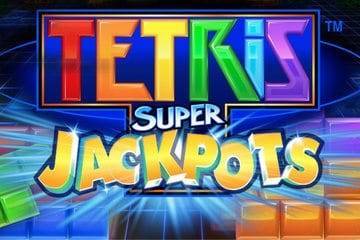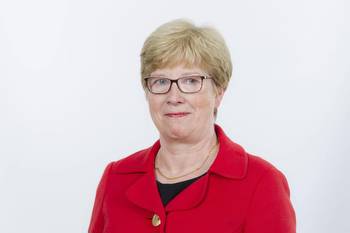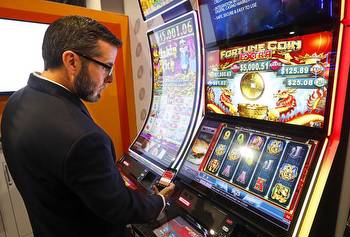Fight over cashless gambling in Australia rages on

Cashless gambling is one of the novelties that is supposed to appear on the gambling market in New South Wales, Australia, although there is no shortage of officials and business owners who have opposed the idea outright, arguing that it would alienate loyal customers and make them feel treated like criminals.
Some of the most vociferous critics have come from within the industry with the NSW RSL and Services Club Chief Executive Margot Smith lambasting the cashless gaming card pitch as something that would undermine the industry’s sustainability and inflict disproportionate and unnecessary damage. Instead, says Smith, a more "balanced" approach should be undertaken when seeking to ensure that illicit businesses are restricted.
Smith spoke in a recent interview in which she took an issue with the entire institution of cashless gaming cards. This, she said, was down to "political point scoring" and not so much to the benefit of businesses or the general public. She was particularly worried about the unintended consequences of such overregulation and implored the "powers that may be" to see reason and not push ill-conceived rules on a whim.
Smith, though, is not entirely opposed to digital solutions. Instead, she urges caution over a hand-over-fist approach where not sufficient data has been used to steer such a dramatic change in the way consumers interact with their preferred gambling and gaming products.
In her words, officials and lawmakers should all wait for the first digital wallet trials to complete before a solution is arrived at. Smith fears that the government has made up its mind and is not going to look into data.
Opposition against cashless gambling has been persistent in the state. Previously, ClubsNSW has issued a similarly dire warning to the government about what has been described as a ham-fisted approach towards regulation. Smith added that whatever solutions there were they should be designed to help problem gamblers and fight money launderers out of clubs.
Cashless gaming cards are not going to achieve this, insists Smith, who says that the ultimate goal should be to not harm the majority of the communities just so that the government can "placate the minority."
Presently, authorities in New South Wales and the Crime Commission suspect that there are billions of dollars in dirty money that is flowing through the state’s pubs and clubs, which pose a serious threat to these businesses and may be complicit with criminal activities without their knowledge. The government is keen to change that.
Yet, cashless gaming cards are going to be coming, most observers predict. Whether they will help eliminate dirt gambling or cause a drop in the number of loyal customers remains to be seen.


































